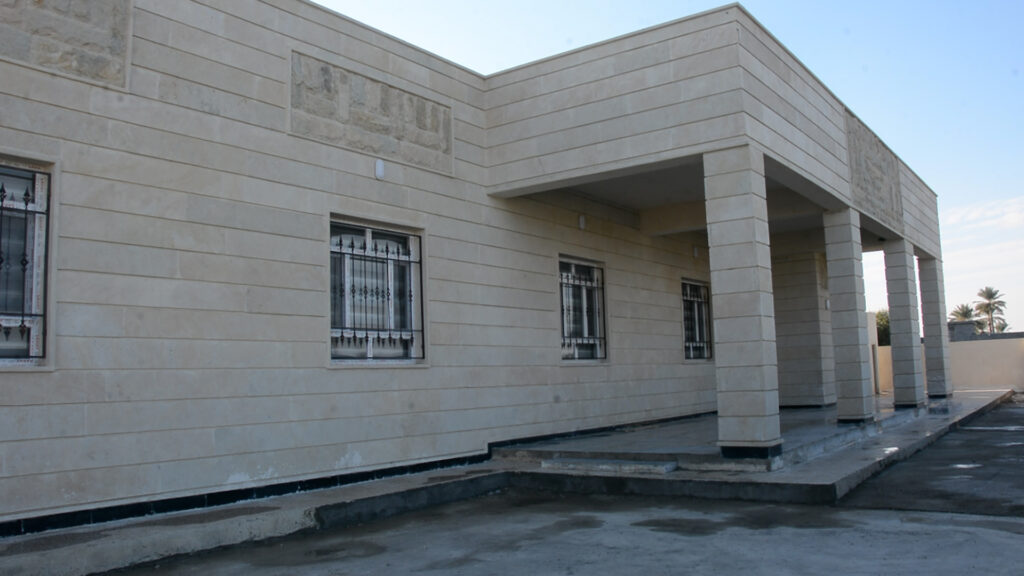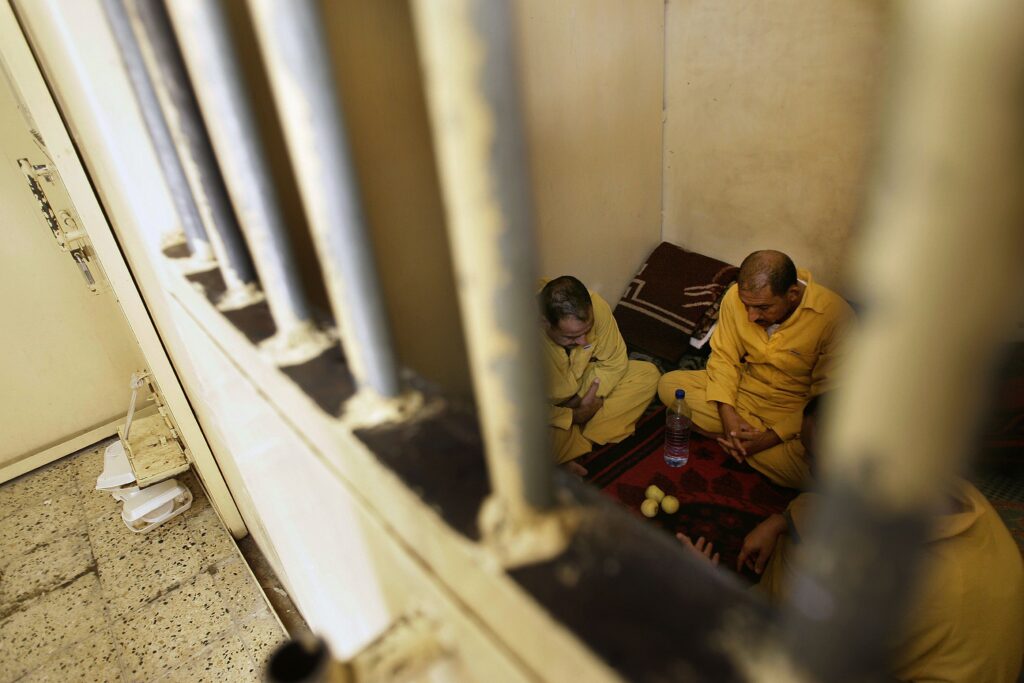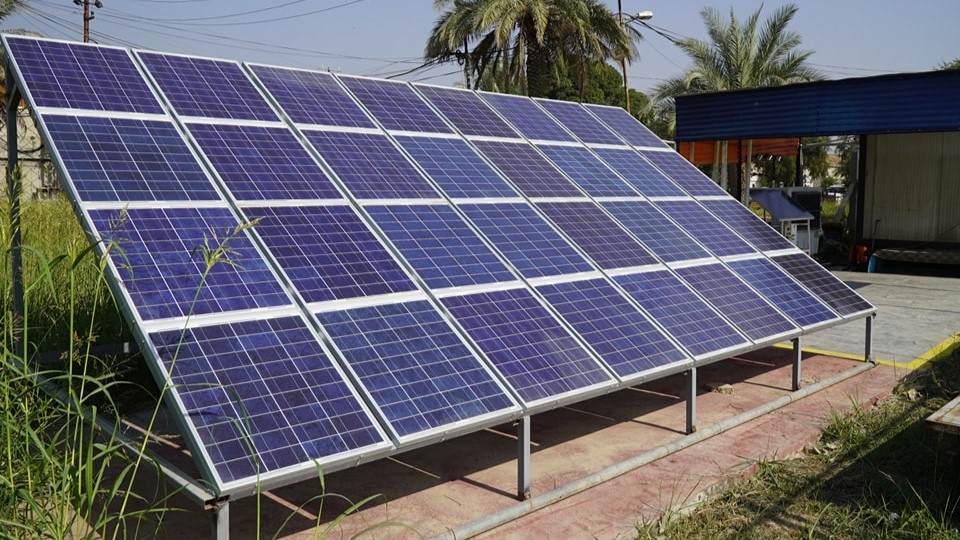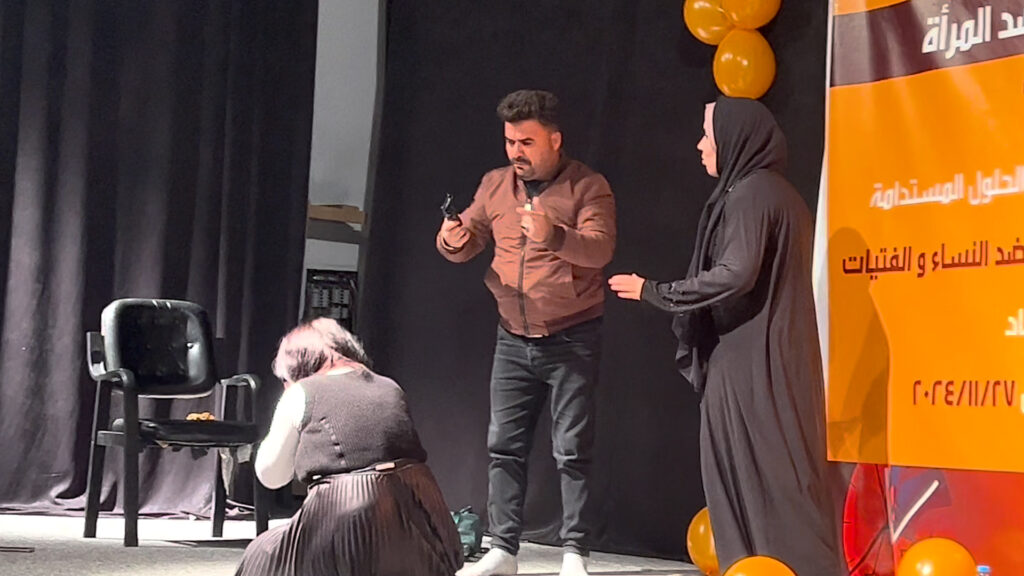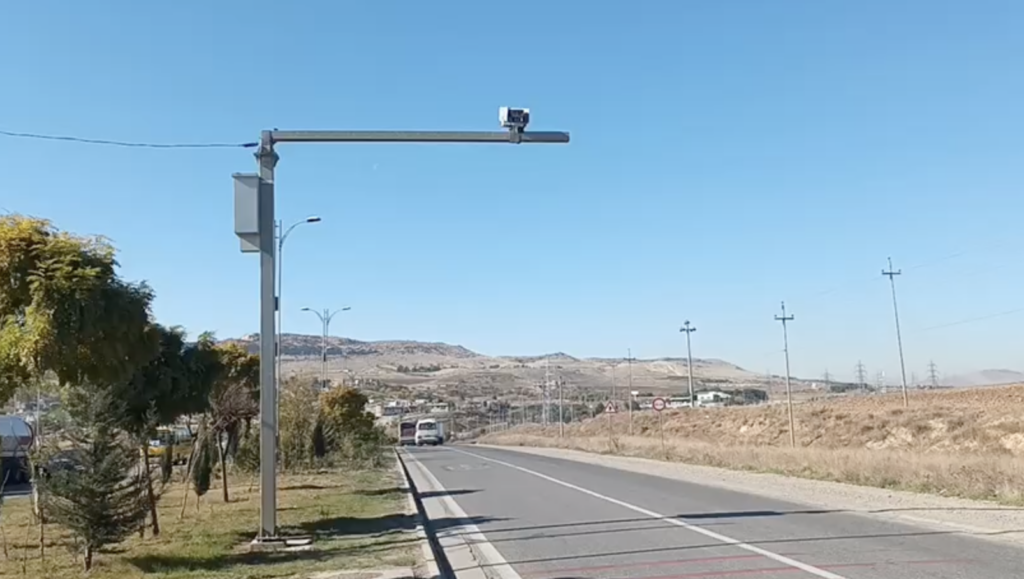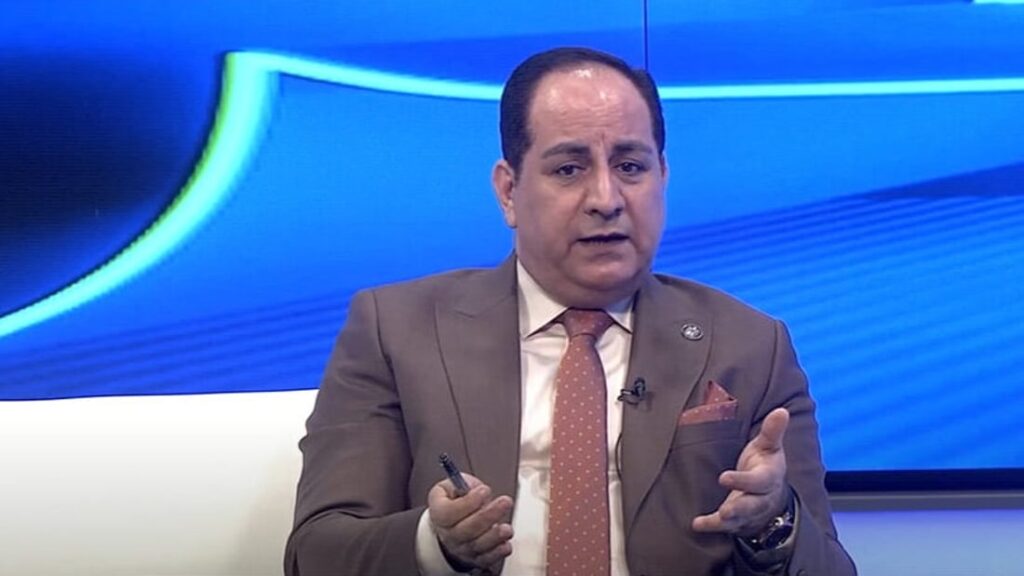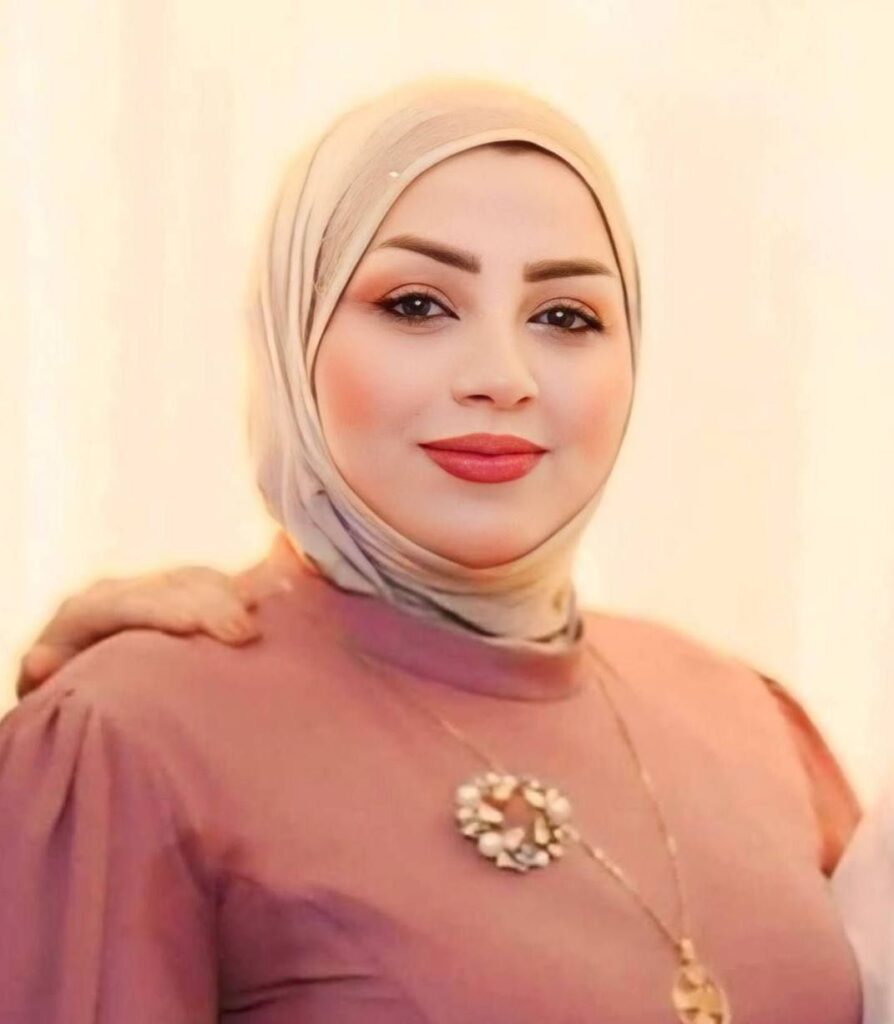Iraq: QRCS, UNICEF provide WASH services for Mosul returnees [EN/AR]
August 17th, 2019 ? Doha: Qatar Red Crescent Society (QRCS) and the United Nations Children's Fund (UNICEF) are working together to provide diverse relief services for the returnees in Mosul, Nineveh Governorate, northern Iraq.
Recently, QRCS’s representation mission in Iraq have completed a bulk of projects to enhance the water, sanitation, and hygiene (WASH) services provided for up to 1,620,125 returnees.
In eastern Mosul, a series of projects were implemented to serve more than 130,000 beneficiaries. These included the construction of a pumping room and water suction canal to provide drinking water for Al-Hamdaniya District.
Another water collection and processing section was constructed at Al-Abzakh Station, to pump water from the river, and then filter, purify, and distribute it to the city and neighboring villages.
Also, there was a project of two water stations in Ashur and Manara, respectively, which serve a number of residential areas.
In the center of the city, a water station was constructed to bridge the gap in water system. This plant provides drinking water for 9,000 beneficiaries in Al-Najjar and Al-Jawsaq Districts.
For the western Mosul’s 900,000 population, a water station was constructed in Tal Afar District. Also, the pumping station was revamped, with the water pumps prepared, installed, and operated. This renovation will enable the plant to function at full capacity, providing potable water for Tal Afar and nearby villages.
Over two stages, QRCS implemented the Badush Water Station Project, which involved expansion of the pumping, filtration, purification, and distribution plant. Then, the water system was repaired to distribute water from the station to Tal Afar and western Mosul in general.
At 11 primary health care centers, the water and sanitation facilities were rehabilitated, to serve 521,867 visitors in the left side of the city (Al-Aqsa, Al-Methaq, Al-Karama, Al-Quds, Kogjali, Al-Zahraa, Al-Qadisiyah, Al-Moharbeen, Al-Sukar, Al-Qahera, and Al-Araby).
Eng. Majida M. Bahnam, Director of Al-Hamdaniya Water Station, expressed her thanks for everyone who contributed to these vital services, which meet the water needs in much of the city. With QRCS’s support, she noted, the processed potable water increased by 30%.
Moneer Koma, a resident of Al-Hamdaniya, is the head of a 12-member family. As the military operations erupted, he was displaced to Erbil with his family. Now, they are back home.
“We value the role played by QRCS’s field personnel,” said Mr. Koma. “We feel the remarkable improvement of services in relation to drinking water processing”
##End of Text##
About Qatar Red Crescent (QRCS)
Established in 1978, Qatar Red Crescent Society (QRCS) is a humanitarian volunteering organization that aims to assist and empower vulnerable individuals and communities without partiality or discrimination.
QRCS is a member of the International Red Cross and Red Crescent Movement, which consists of the International Federation of the Red Cross and Red Crescent Societies (IFRC), the International Committee of the Red Cross (ICRC), and 191 National Societies. QRCS is also a member of several GCC, Arab, and Islamic organizations, such as the Islamic Committee of International Crescent and the Arab Red Crescent and Red Cross Organization (ARCO). In this legally recognized capacity, QRCS has access to disaster and conflict zones, thus serving as an auxiliary to the State of Qatar in its humanitarian efforts — a role that distinguishes it from other local charities and NGOs.
QRCS operates both locally and internationally and has ongoing international relief and development projects in a number of countries throughout the Middle East, Asia, Africa, and Europe. QRCS's humanitarian actions include providing support in disaster preparedness, disaster response, risk reduction, and disaster recovery. To mitigate the impact of disasters and improve the livelihoods of affected populations, QRCS provides medical services, healthcare, and social development to local communities. It is also active at the humanitarian advocacy front. With the help of a vast network of trained, committed staff and volunteers, QRCS aspires to improve the lives of vulnerable people by mobilizing the power of humanity.
QRCS works under the umbrella of the seven international humanitarian principles: Humanity, impartiality, neutrality, independence, voluntary service, unity, and universality.

